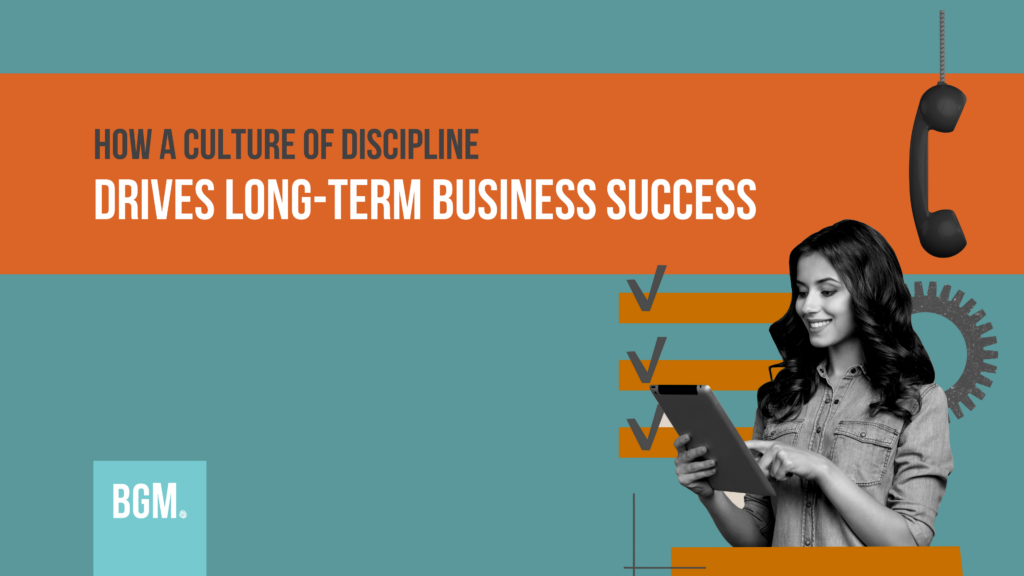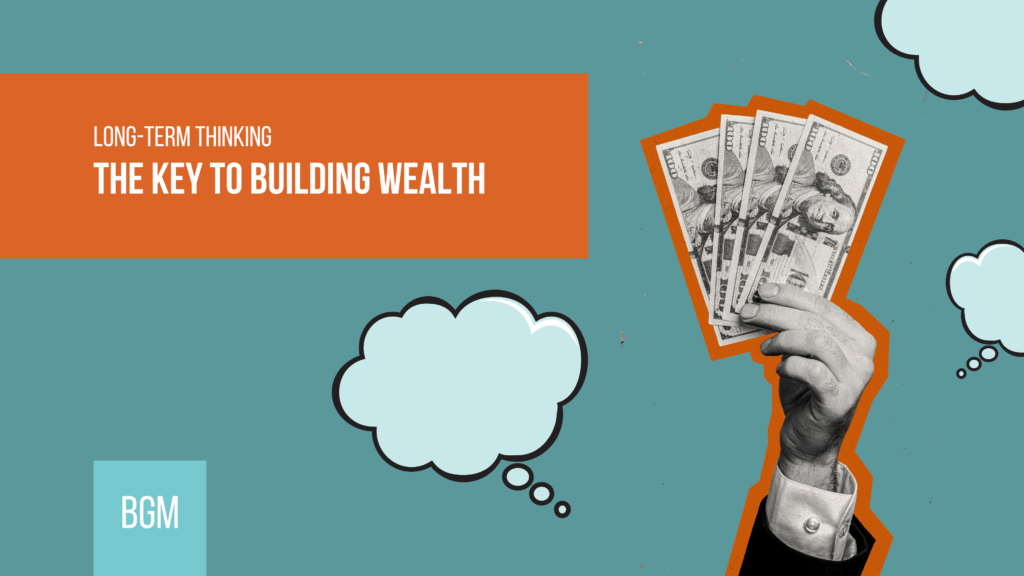There’s no shortage of strategies and systems available for growing a business. You can learn the right frameworks, hire experts, and invest in technology. But the most overlooked driver of long-term success isn’t a tool or tactic it’s mindset.
The way you think about failure, learning, and opportunity plays a major role in how you lead, grow, and recover when things get tough. Your mindset doesn’t just influence how you see the world, it defines the actions you take in it.
Let’s explore the practical impact mindset has on success, the barriers a fixed mindset creates, and how adopting a growth mindset can strengthen resilience and fuel achievement.
What Do We Mean by “Mindset”
Your mindset is your internal belief system how you perceive your abilities, your limits, and your capacity to change.
The two core mindsets often referred to are
Fixed Mindset – Believes that qualities like intelligence, talent, and ability are static. People with a fixed mindset tend to avoid challenges, fear failure and are easily discouraged by setbacks.
Growth Mindset – Believes that ability and success can be developed through effort, learning, and persistence. People with a growth mindset see setbacks as feedback, not failure.
For business owners, these beliefs play out in everyday decisions, whether you take a calculated risk, whether you seek feedback, and how you respond when things go wrong.
How Mindset Influences Business Success
Mindset influences behaviour, and behaviour drives results. That’s why mindset isn’t just a personal development topic, it’s a business one.
Here’s how it shows up in your business.
Decision-Making Under Pressure
Business is full of uncertainty. Leaders with a growth mindset make thoughtful decisions, even when the outcome isn’t guaranteed. They stay calm, gather input, and move forward with purpose. Those with a fixed mindset often hesitate or overanalyse, fearing mistakes more than missed opportunities.
Willingness To Learn
Growth-minded leaders are open to feedback. They treat coaching, failures, and data as opportunities to learn. Fixed-mindset leaders may take feedback personally, avoid scrutiny, and resist changing old ways that no longer serve the business.
Resilience In The Face Of Setbacks
Every business hits speed bumps. Whether it’s a poor hire, a failed product, or lost revenue, it’s the mindset behind the response that determines how quickly (or if) you recover.
How You Lead Others
The mindset of a business owner sets the tone for the entire culture. If you value progress over perfection, your team learns to take initiative and learn from mistakes. If you focus only on outcomes, they may become risk-averse, afraid to make decisions or challenge the status quo.
Common Barriers Caused By A Fixed Mindset
Even experienced leaders can fall into fixed thinking. Here are some patterns to watch out for
- Fear of Failure – You avoid new ideas or initiatives unless success is guaranteed.
- Avoiding Hard Conversations – You avoid giving or receiving honest feedback to avoid discomfort.
- Comparison to Others – You focus more on where you rank rather than how you can improve.
- Resistance to Change – You keep doing what’s familiar, even when it’s no longer effective.
- Blaming External Factors – When things don’t work out, you look outward rather than asking what you could have done differently.
These patterns are not just limiting, they’re expensive. They lead to missed growth, underperforming teams, and a fragile business foundation.
How To Develop A Growth Mindset
Mindset is not fixed. It can be developed with consistent awareness and intentional habits. Here are a few ways to shift your thinking.
1. Reflect On Mistakes with Curiosity
Instead of asking, “Why did I fail?” ask, “What can I learn from this?” Reframing failure as feedback builds emotional resilience.
2. Practice Self-Awareness
Catch yourself in moments of fixed thinking. Are you holding back from an opportunity because you’re afraid to look inexperienced? Are you hesitating because you think you “should already know this”? Awareness is the first step toward change.
3. Encourage Feedback
Surround yourself with people who will challenge your ideas, not just support them. Ask your team, “What’s one thing we should do differently?” and act on it.
4. Focus On Progress, Not Perfection
Celebrate small wins. Track effort and progress, not just final outcomes. Recognise how far you’ve come rather than how far you have to go.
5. Choose Your Language Carefully
Replace “I can’t do this” with “I haven’t figured it out yet.” Language shapes mindset, especially when spoken aloud.
Success Starts In Your Head
Mindset is not just personal, it’s strategic. The way you think shapes how you act, and how you act shapes your outcomes. When you shift from “I can’t” to “I’m learning,” you open doors to growth, adaptability, and resilience.
If your business is reaching a ceiling, take a moment to look inward. The next level may not require more tactics; it may require a different way of thinking.
Thank you for being a part of the Business Life community. If there’s a topic you’d like us to explore in a future newsletter, we’d love to hear from you.
Live with purpose,
Kristian Livolsi and the Business Growth Mindset Team




